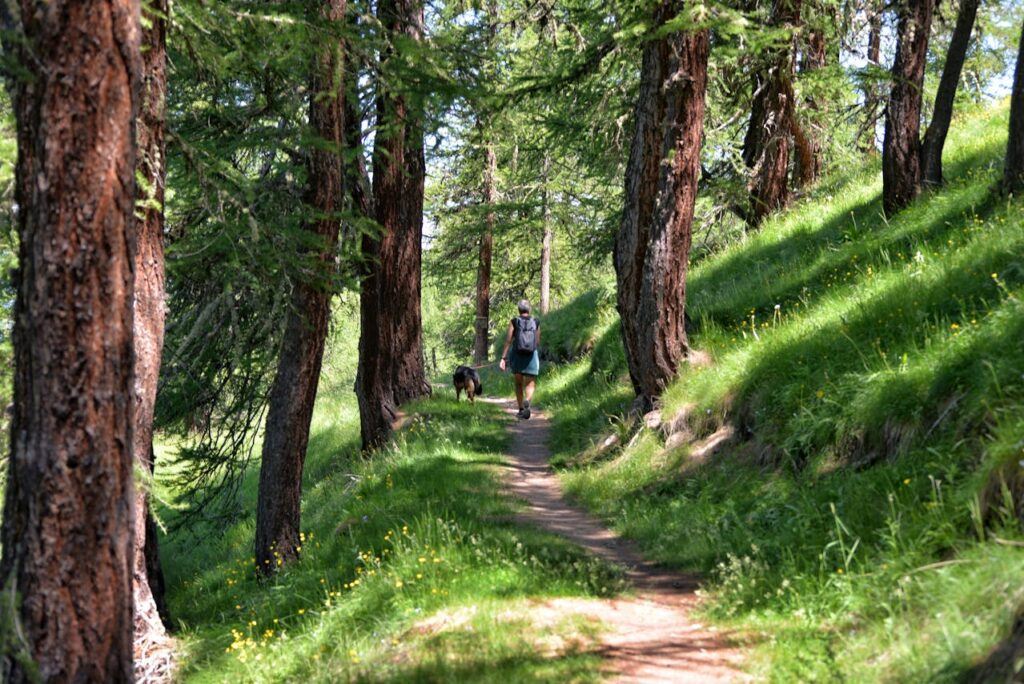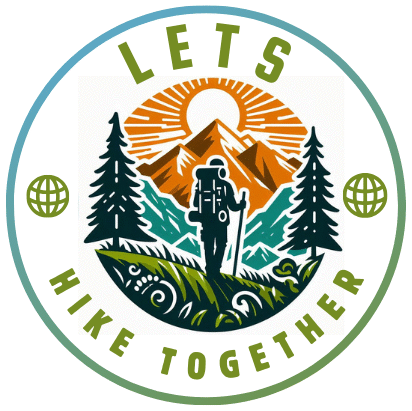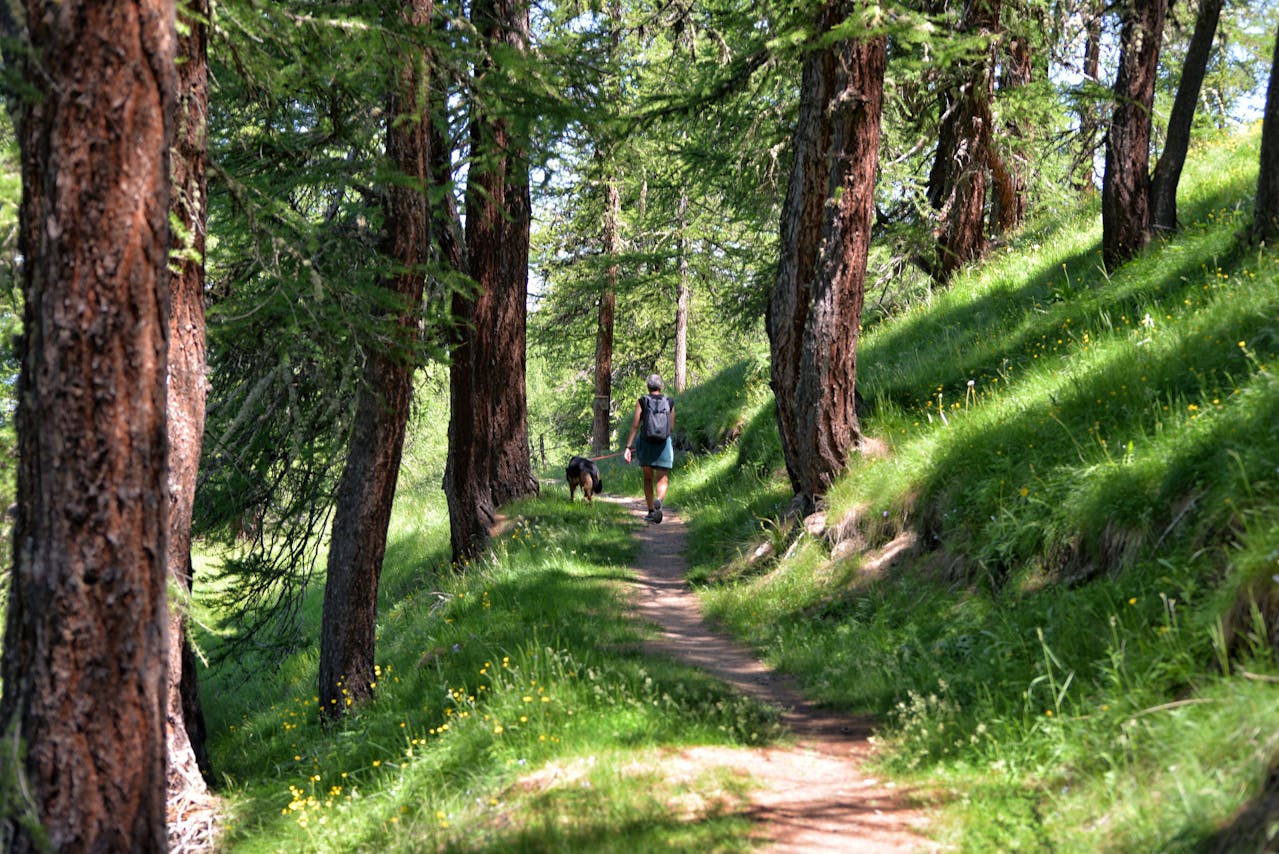How Solo Hiking Builds Resilience, Focus, and Freedom
Hiking alone can be like looking in a mirror. There’s no better way to get to know yourself than when there’s no one else around. It’s just you, the trail, and your thoughts. This kind of introspection can boost your self-awareness, helping you understand your own reactions and perspectives on life’s big and small challenges.
Solo adventures make people see that they can tackle more than they might’ve thought. Conquering a tricky path or handling unexpected weather on your own cranks up your confidence. It’s about realizing that you’re more resilient, more capable of making decisions on the fly. Independence just happens out there in the wild.

Ever pushed yourself to see just how far you can go? Hiking alone takes you to those limits. Without companions to lean on, it’s about understanding your capabilities and deciding when it’s time to push further or pull back. It’s a personal challenge that hones your judgment and courage.
Wandering alone in nature naturally leads to mindfulness. With your senses tuning into the rustling leaves and the crunch of dirt under your feet, the worries of everyday life melt away. Solo hiking becomes a moving meditation, a reset button for stress and anxiety. There’s a kind of peace that comes from just being out there, no rush, no distraction.
Safety First: Preparing for a Solo Hiking Adventure
Heading out on your own means paying extra attention to safety. A good plan goes a long way. First up, gear up with the essentials: sturdy boots, a reliable backpack, and layers to handle sudden weather changes. Don’t forget a first aid kit—it’s your go-to for unexpected scrapes and blisters.
Carrying a map and compass isn’t old school. Sure, your phone’s got GPS, but nature can mess with reception. Have a backup plan with a map of your route and learn how to read that compass. It’s peace of mind knowing you’re not lost without signal.
Plot your trail before you leave and share your path with someone you trust. It’s like having your own safety net. Being aware of check-in points along the way can ease worries for both you and your loved ones waiting back home.
If you’re new to solo hiking, start small. Choose trails that are more forgiving. National parks often have well-marked paths that suit beginners. Also, keep an eye on the weather. It can change fast and you want to be prepared to handle anything mother nature throws your way.

Immersing in Nature: Emotional and Mental Health Advantages
Being out there on your own, surrounded by the great outdoors, is a mental retreat like no other. Nature’s got this magic way of calming the mind and untangling those knotty thoughts. The sights, sounds, and smells create their own kind of therapy.
Wandering through diverse landscapes can open your eyes to the beauty and complexity of life itself. Spotting a deer or the bright flutter of a butterfly lifts the spirit and reconnects you to something bigger. It’s a reminder of how rich our world is when we slow down and truly see it.
Practicing gratitude becomes second nature. Whether it’s the sunrise peeking through the trees or the clean air filling your lungs, these moments promote a sense of thankfulness that can boost mental resilience far beyond the trail.
Ever tried forest bathing? It’s got nothing to do with water and everything to do with being mindful among the trees. Studies show that this kind of nature immersion sharpens the mind, helps you focus better, and leaves you with a fresh perspective to tackle life’s hurdles.

Building a Community: Sharing the Solo Experience
Solo hiking might sound like a lone wolf kind of deal, but it can actually open doors to a vibrant community. Sharing your journey can start online where hikers swap stories, tips, and advice. These communities are treasure troves for recommendations on trails and gear, and they provide a sense of camaraderie, even from afar.
Turning your solo treks into shared tales encourages others to take the leap too. Your experiences and insights can motivate others to try solo hiking, breaking down the fear that sometimes holds people back. It’s like lighting a spark that shows others the path to self-discovery and adventure.
Combining solo hikes with group activities keeps things fresh. You might find that skills honed on solo walks translate well into group challenges or events. This blend maintains the spirit of independence while fostering teamwork and shared experiences.
Maintaining a solo hiking habit enriches your life long term. It becomes a practice that you can dip into whenever you need clarity or a personal challenge. It’s about finding balance, knowing when to seek solitude and when to share the trail with others.

